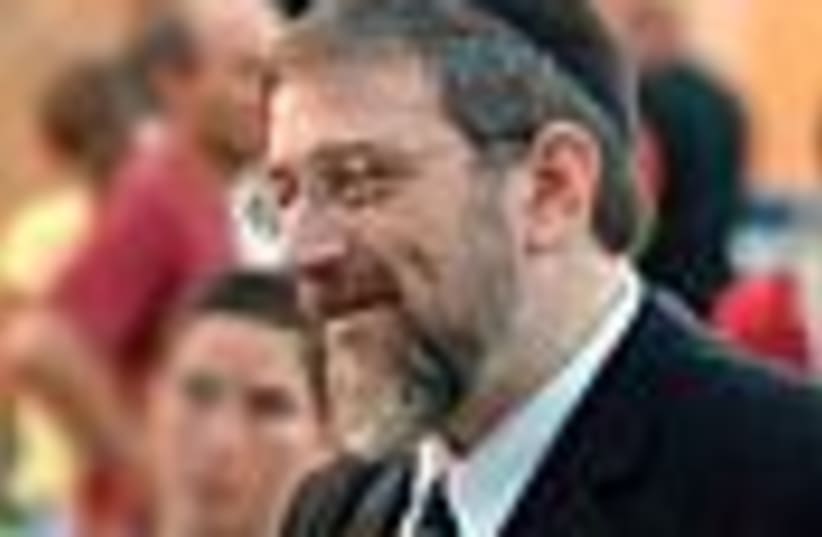| More about: | Meimad, Zionism, Michael Melchior, Yitzhak Rabin |
Meimad can gain from disengagement woes, Melchior says
Melchior insists his party can capitalize on the intellectual and spiritual fallout after disengagement.


| More about: | Meimad, Zionism, Michael Melchior, Yitzhak Rabin |